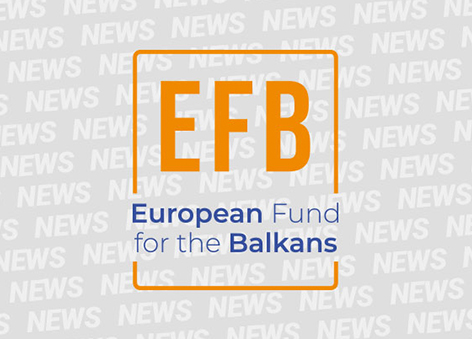
 What are the challenges of EU enlargement? What can go wrong in Serbia’s EU Accession Process? How to “untie the knot” of Macedonia – EU relations? How were the Turkish Cypriots left outside? Is a Montenegro’s EU Accession Process success story?
What are the challenges of EU enlargement? What can go wrong in Serbia’s EU Accession Process? How to “untie the knot” of Macedonia – EU relations? How were the Turkish Cypriots left outside? Is a Montenegro’s EU Accession Process success story?
These were some of the questions that triggered the debate among the young participants of the panel discussion: “Road to the EU Balkanlargement”.
The respective speakers were:
Ms. Luca Kadar – Head of Information and Communication and Press at Delegation of the EU to Serbia
Mr. Srdjan Majstorovic – Deputy Director of the EU Integration Office of Serbia
Mr. Talat Xhaferi – Member of the Parliament of Macedonia
Mr. Erhan Erçin – Head of the Turkish Cypriot EU Coordination Centre
Mr. Florian Horner – Political Analyst at Delegation of the EU to Montenegro
The group members presented the main conclusions from the discussions held in several universities in the Western Balkan countries. The aim of this discussion was to shed a light on what some university students in the WB think about EU integration and the challenges that their countries face with the integration process.
The main discussions’ conclusions:
- Serbia
The EU could play an active role in helping Serbia resolve its problems, but Serbians should not expect everything from the Union
- Macedonia
Political instability, tensions between communities, corruption and organized crime are also issues that Macedonia should tackle more thoroughly
- Albania
Lack of rule of law. High rates of corruption and organized crime, and week judiciary continue to preclude the betterment of relations with the EU
- Bosnia and Herzegovina
Bosnia’s complicated federal structures are the biggest challenge for the country’s membership in the EU






